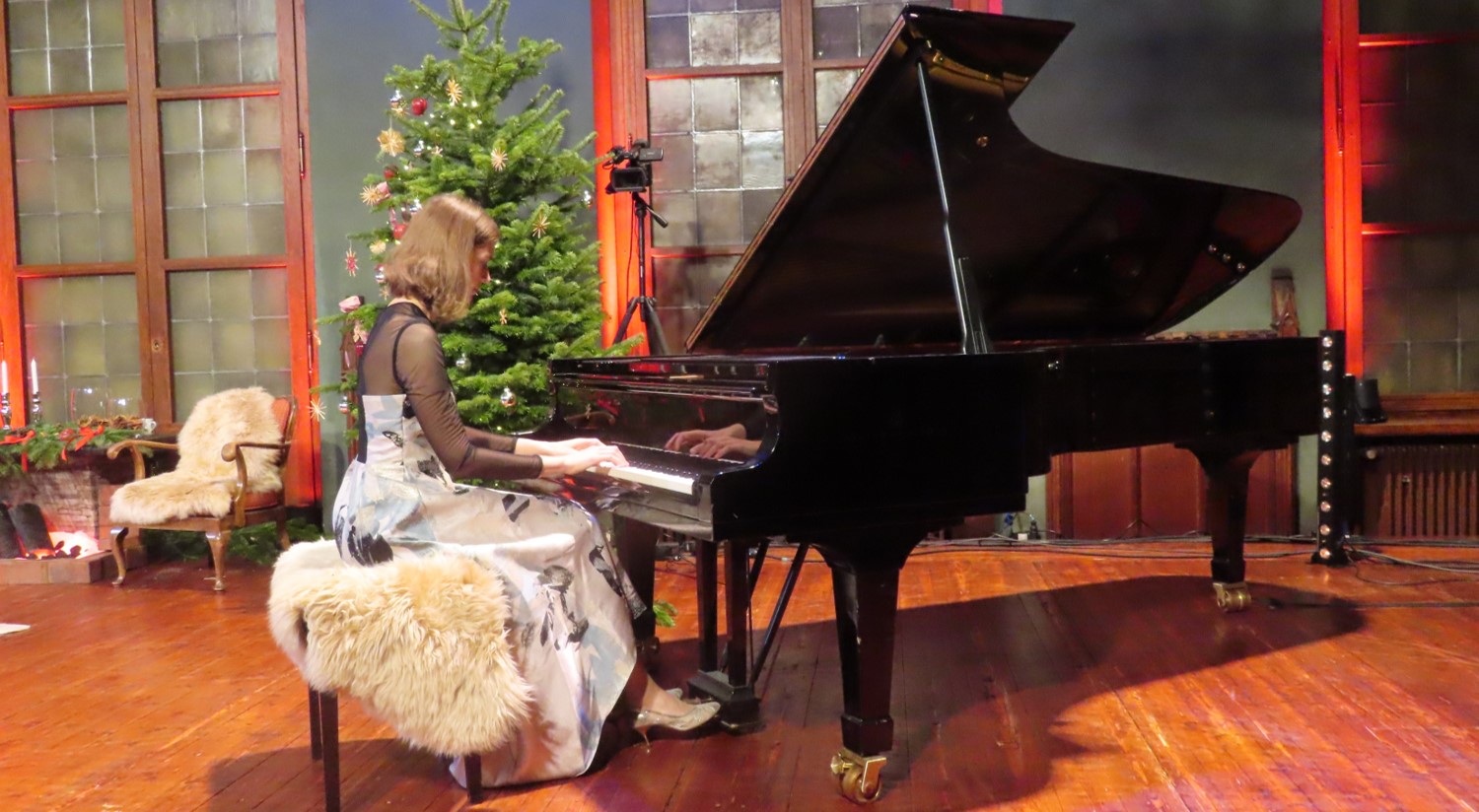About
The merging together of craftsmanship, inspiration and accessibility – the three pillars of artistic creation – confer upon each individual piece an unmistakable sound quality, which I see as the indispensable goal of any kind of contemporary composition. (My) music should communicate as rationally as a polished literary text, with the emotional impact of an atmospheric picture.
(Peter Wittrich)
Peter Wittrich was born in Freising in Northern Bavaria on 28 November 1959. After his school-leaving exams he initially began training as a secondary school teacher at the Munich Academy of Music; soon afterwards he began to study composition with Professor Dieter Acker at the same institution, graduating with a master’s diploma.
While still a student he started winning prizes in composition, including first prize at the 1985 Erding international organ festival for the organ piece Fantasia on D-Eb-C-A. Numerous other prizes followed, especially for choral and instrumental works, such as a first prize for his ‘Sixteenth-Century Drinking Song’ in the composition class at the international Franz Schubert Choral Festival in Vienna (1997), first prize awarded by the Franz Josef Reinl Foundation in Vienna for Segnali capricciosi for trumpet and orchestra (1998) and first prize in 1999 at the international competition for European church music in Schwäbisch Gmünd with Hymnal Motet, a composition for choir and organ.
From 1989 until 2004 Peter Wittrich was a full-time lecturer in music theory at the College of Music and Drama in Munich; since 2004 he has been Professor of music theory and piano studies for schoolteachers at the same college.
The main focus of his creative work is in choral works, church music and instrumental pieces. In addition, he is particularly keen on engagement in education, composing for children and for young people.
With his ensemble Solisti Deo Gloria and the Peter Wittrich-x-tett, in parallel with the introduction of the new German Catholic hymnal he presents a varied palette of new song arrangements and re-compositions, producing extraordinary arrangements of dance music and light entertainment pieces.
This stylistic range is also reflected in his compositions. Chorales and the tradition of motet-writing are combined with jazz elements (Organ Blues, Missa in Blue), traditional melodies are set within highly structured compositions, some of them subtly infused with a hint of irony (Christmas Sonata) and contemporary detail is merged with archaically traditional foundations in a style that goes straight to the roots of the emotions.

